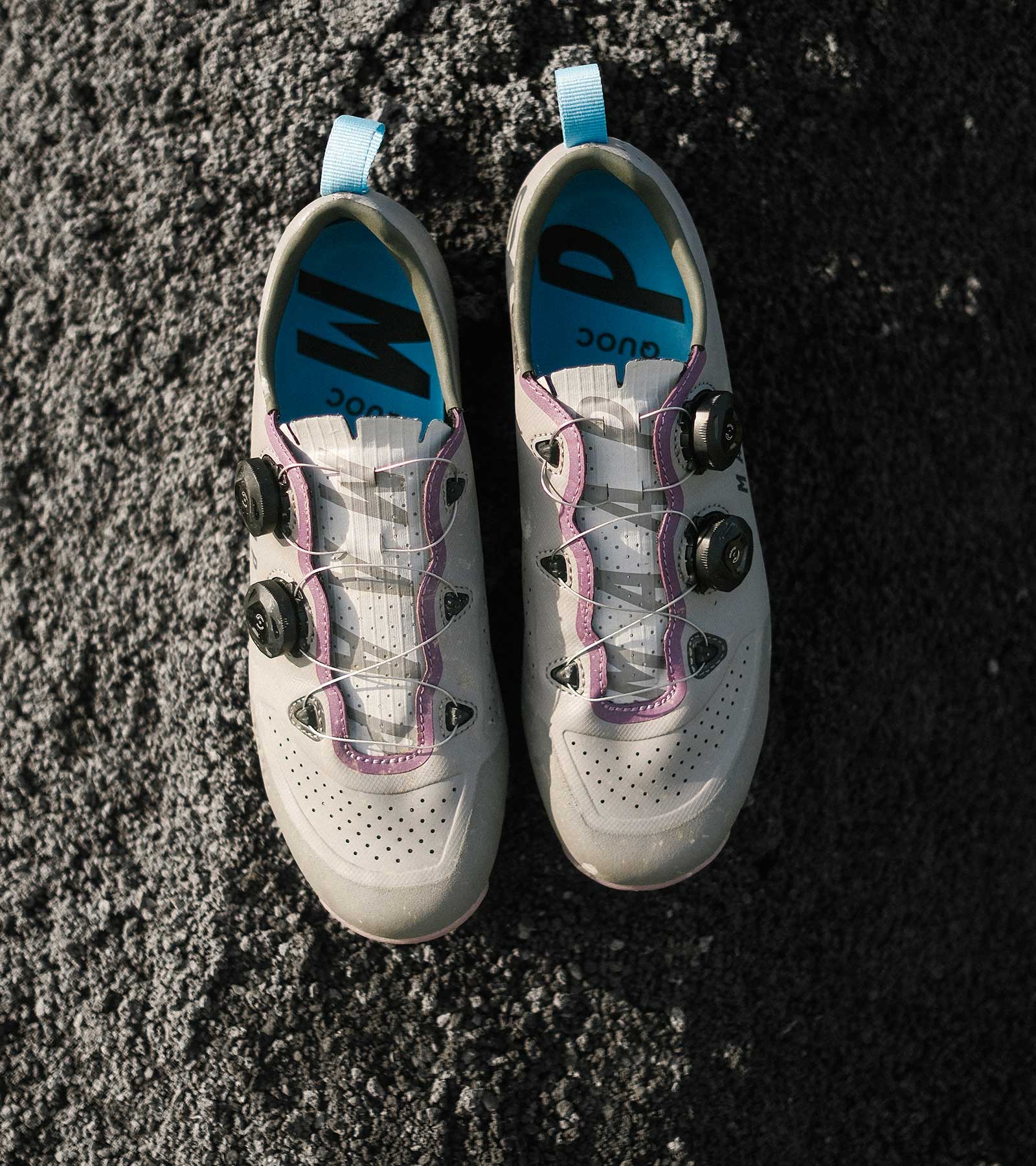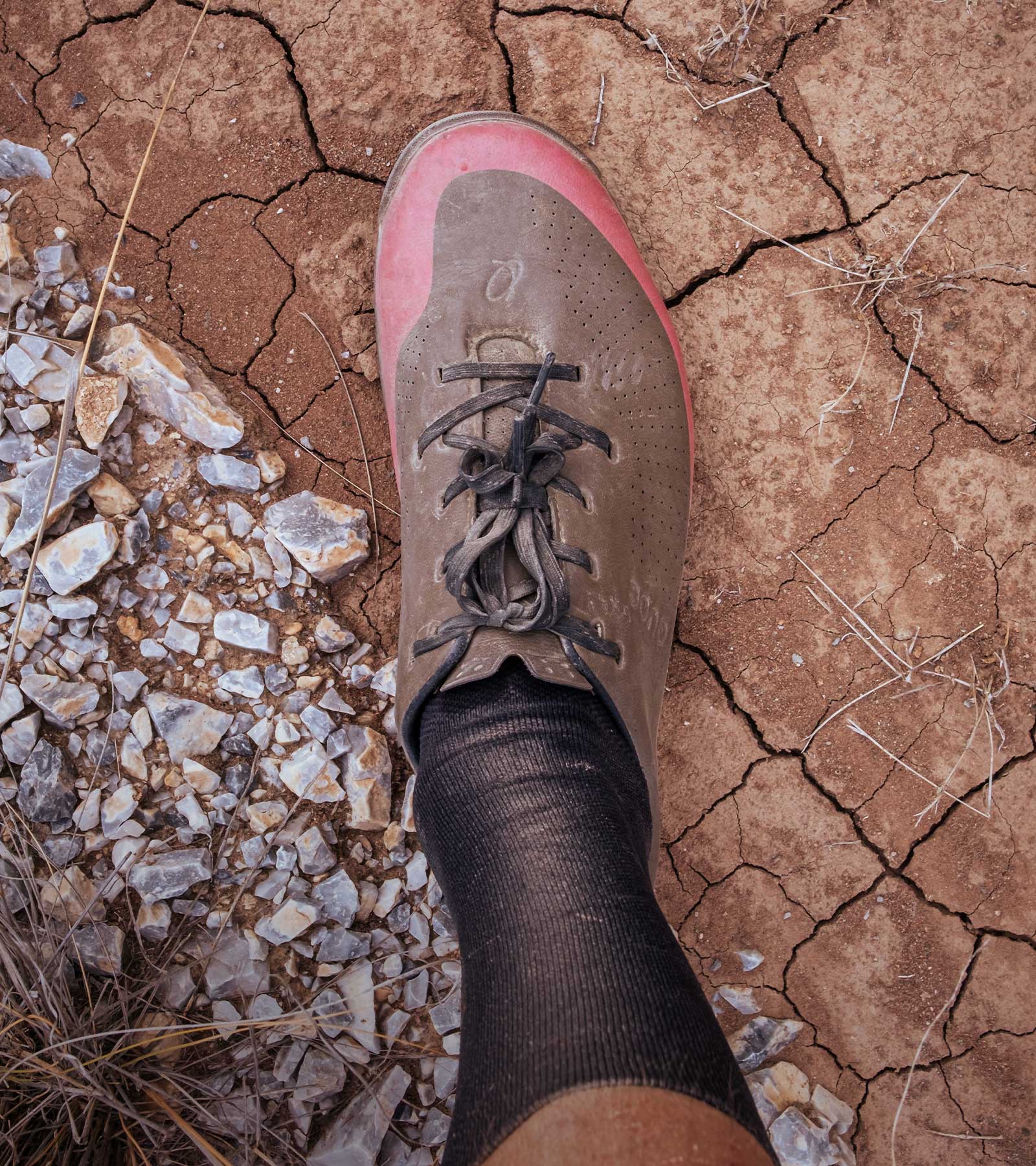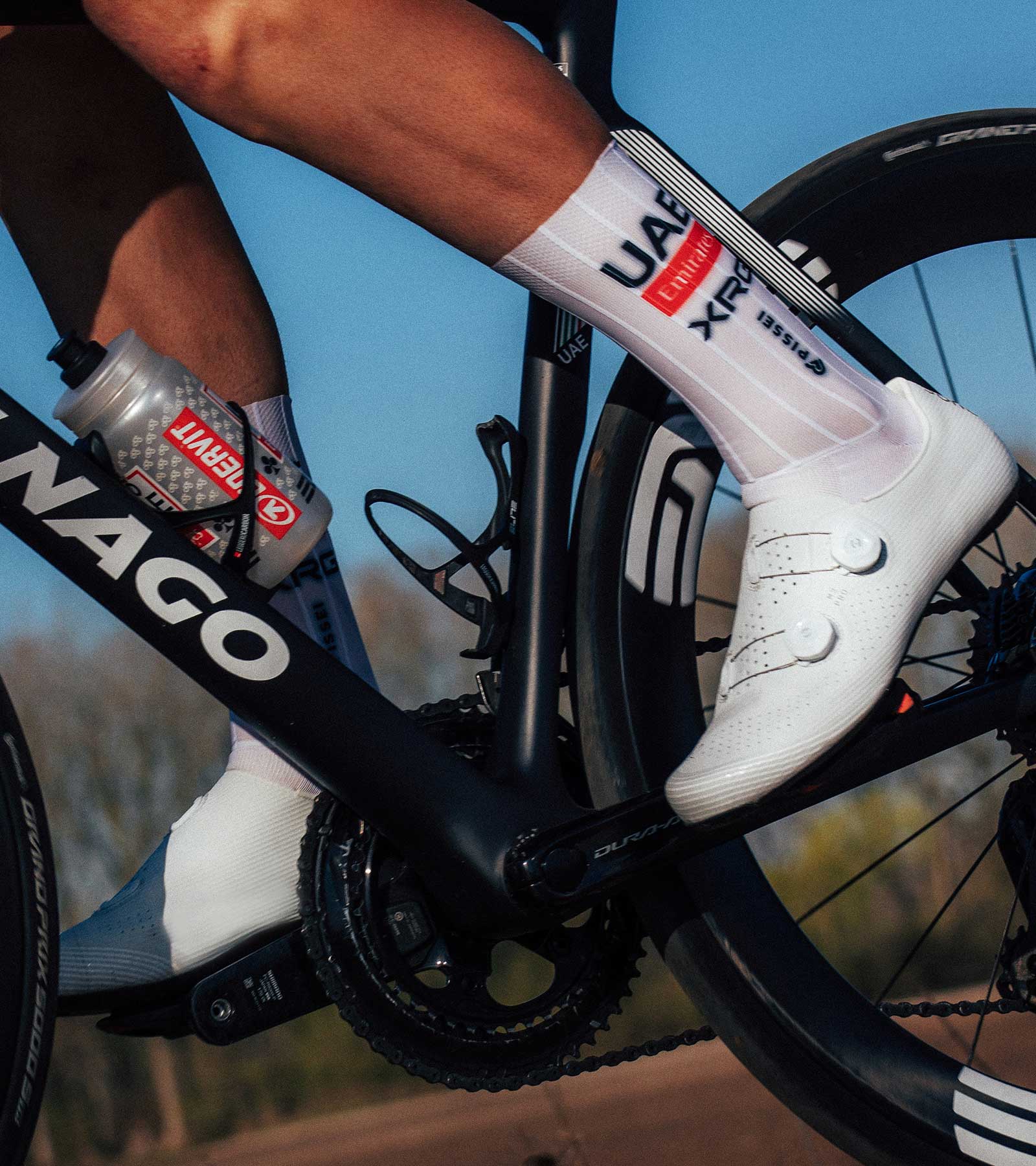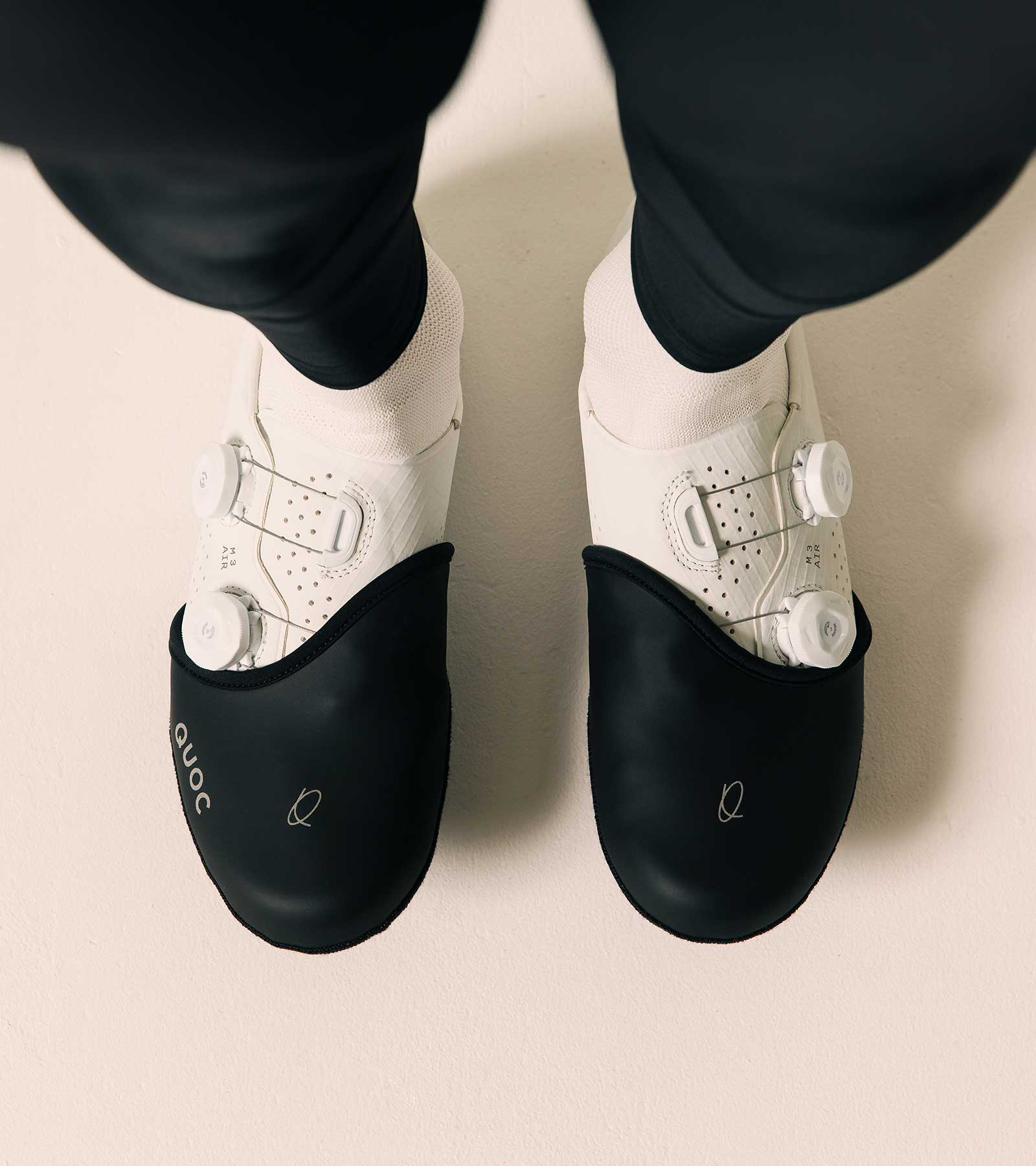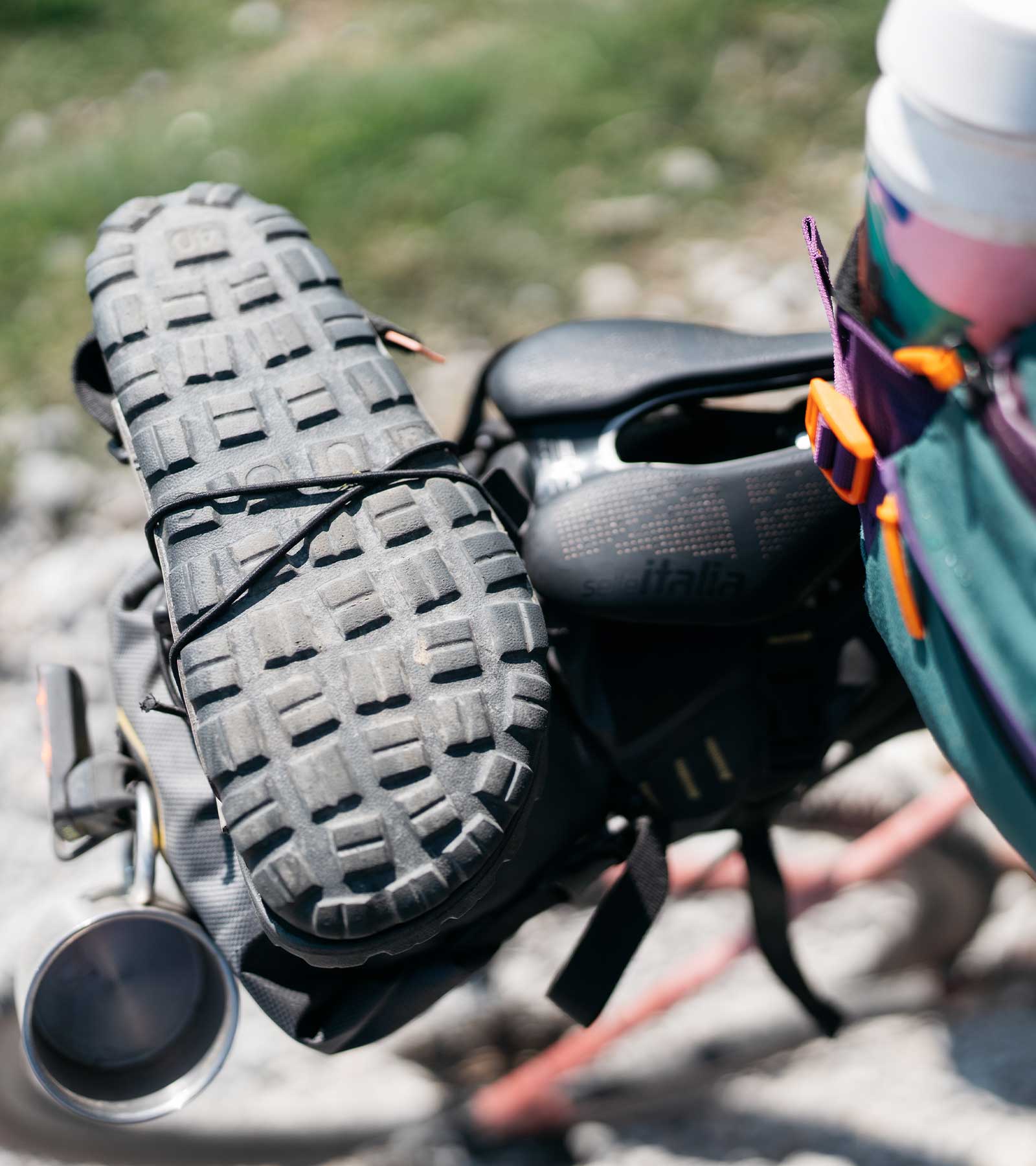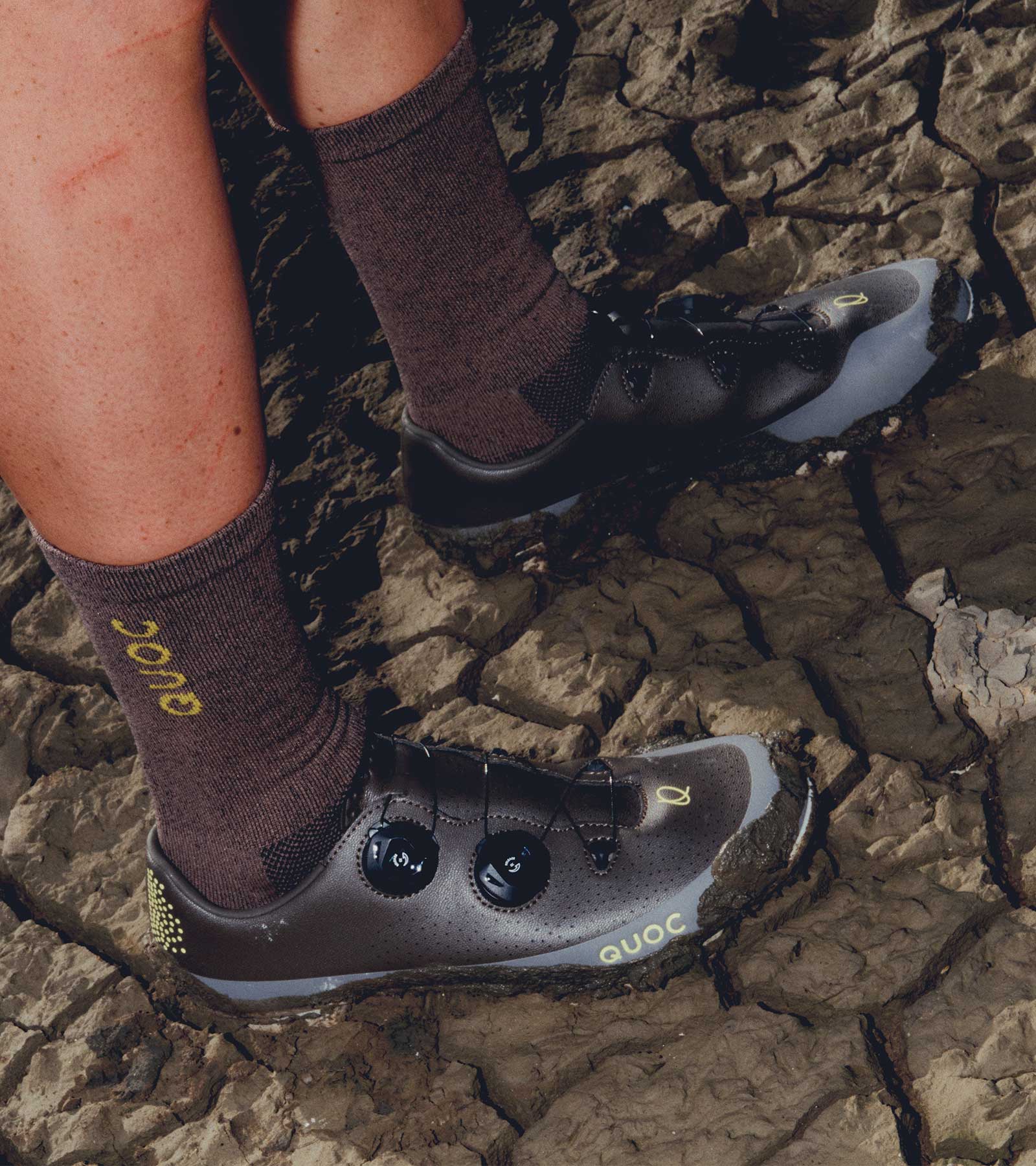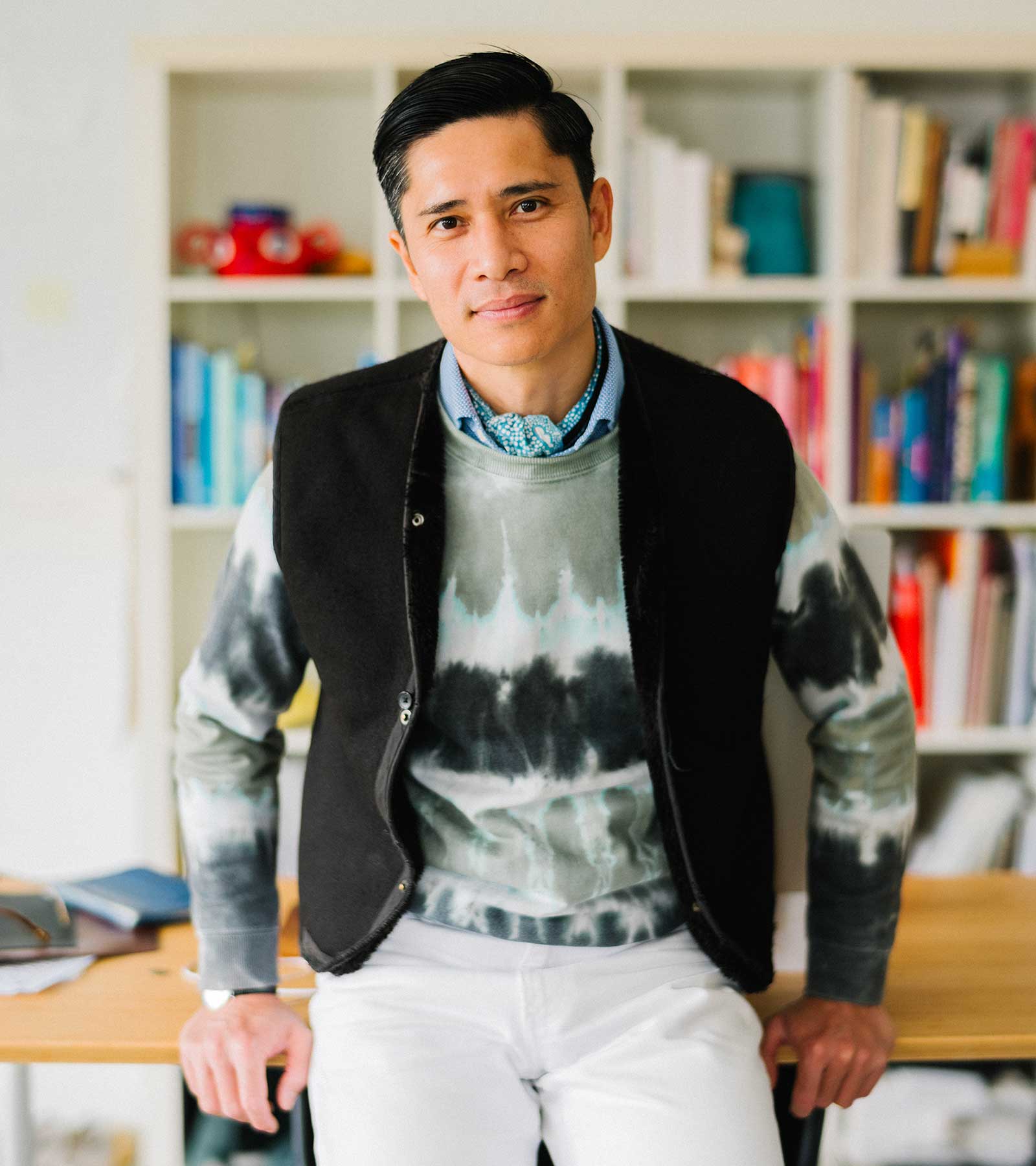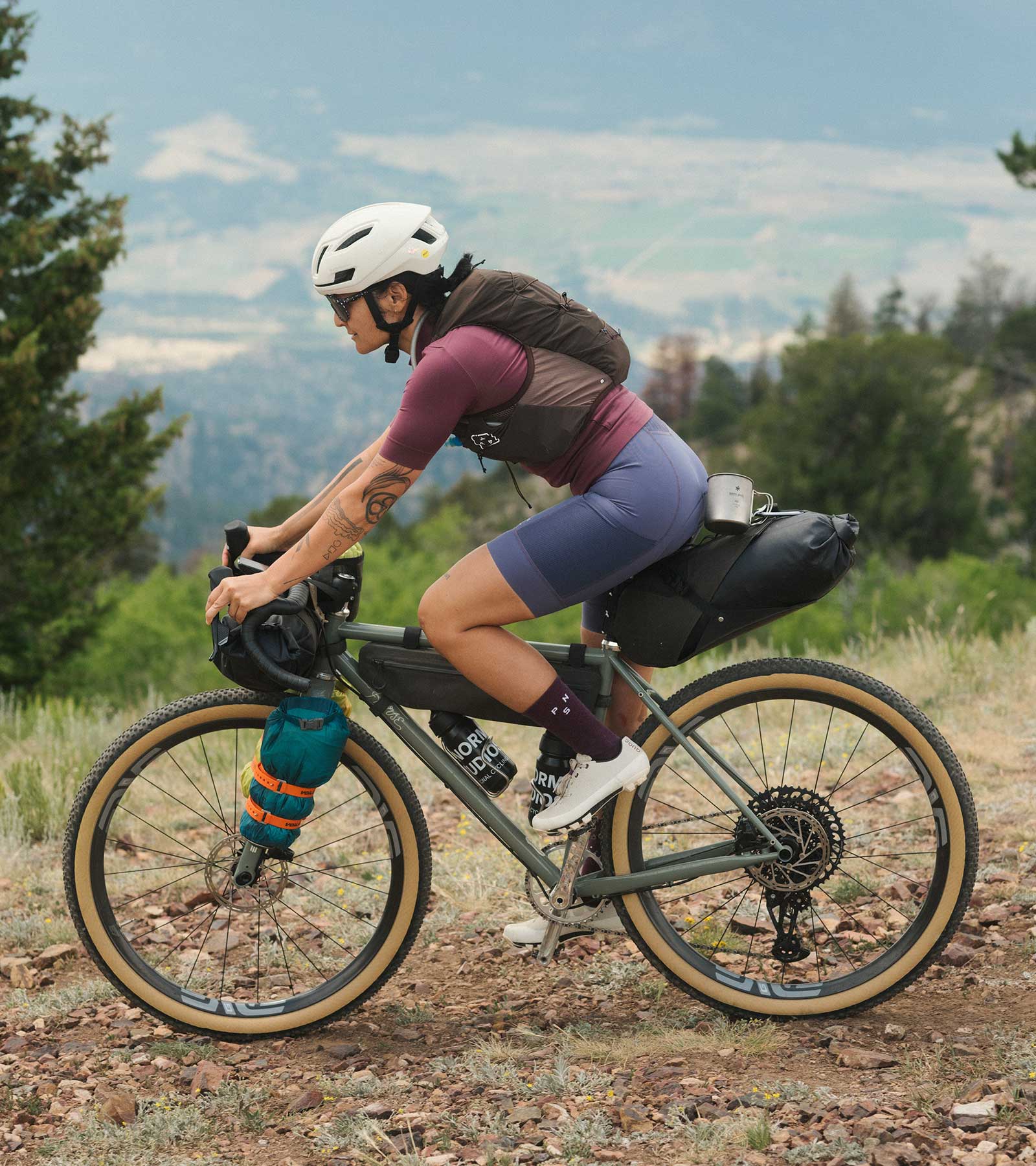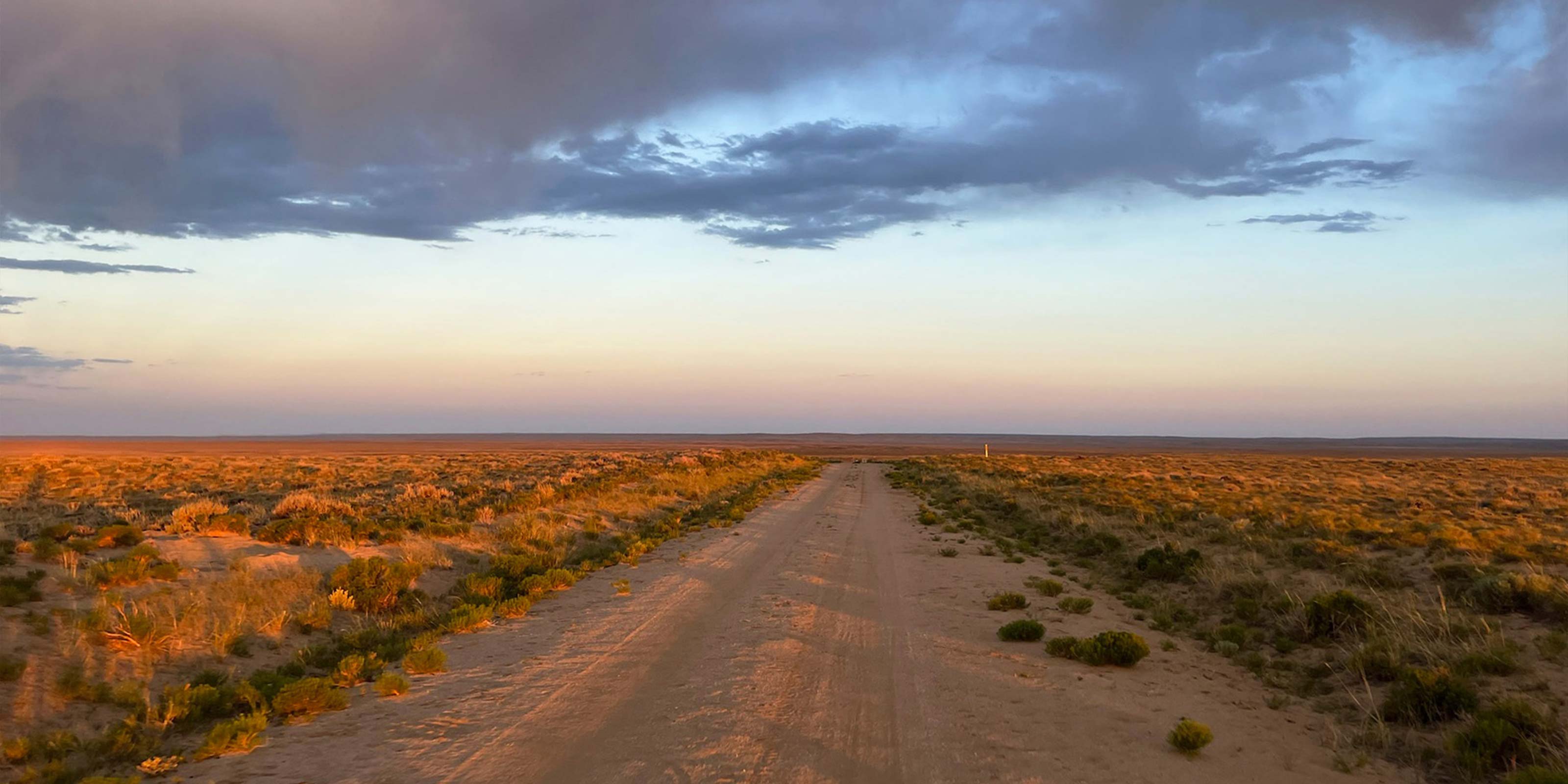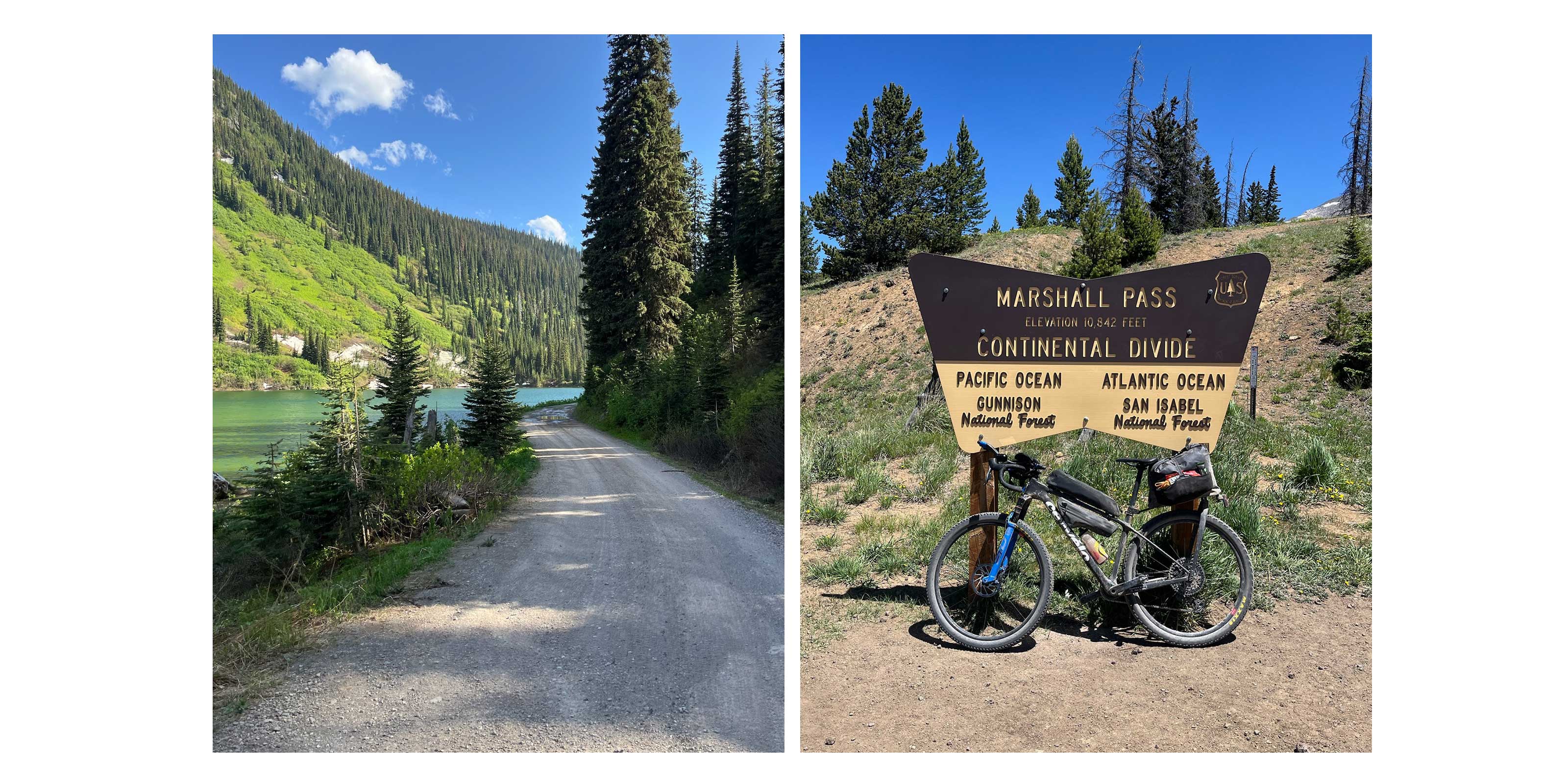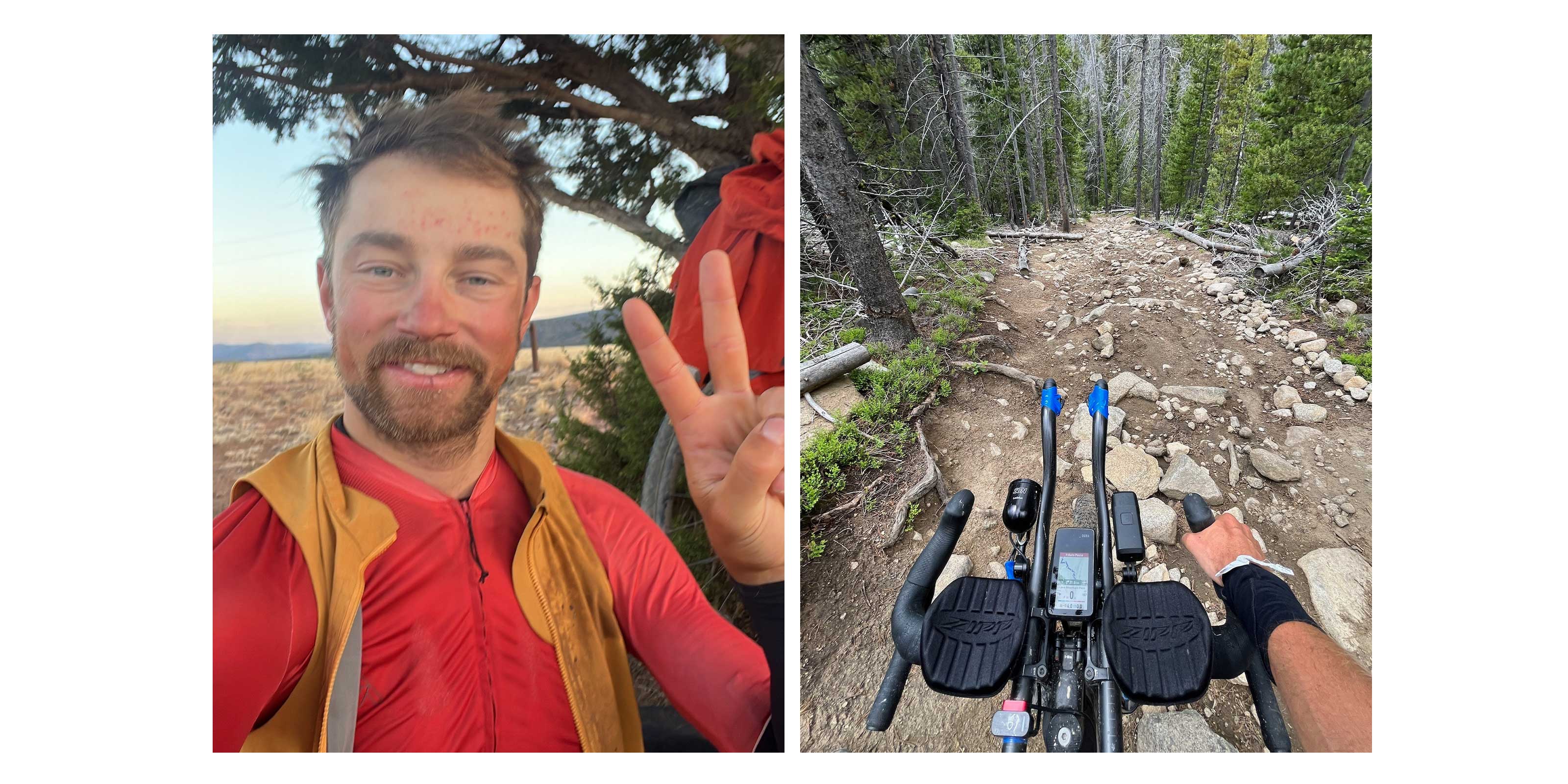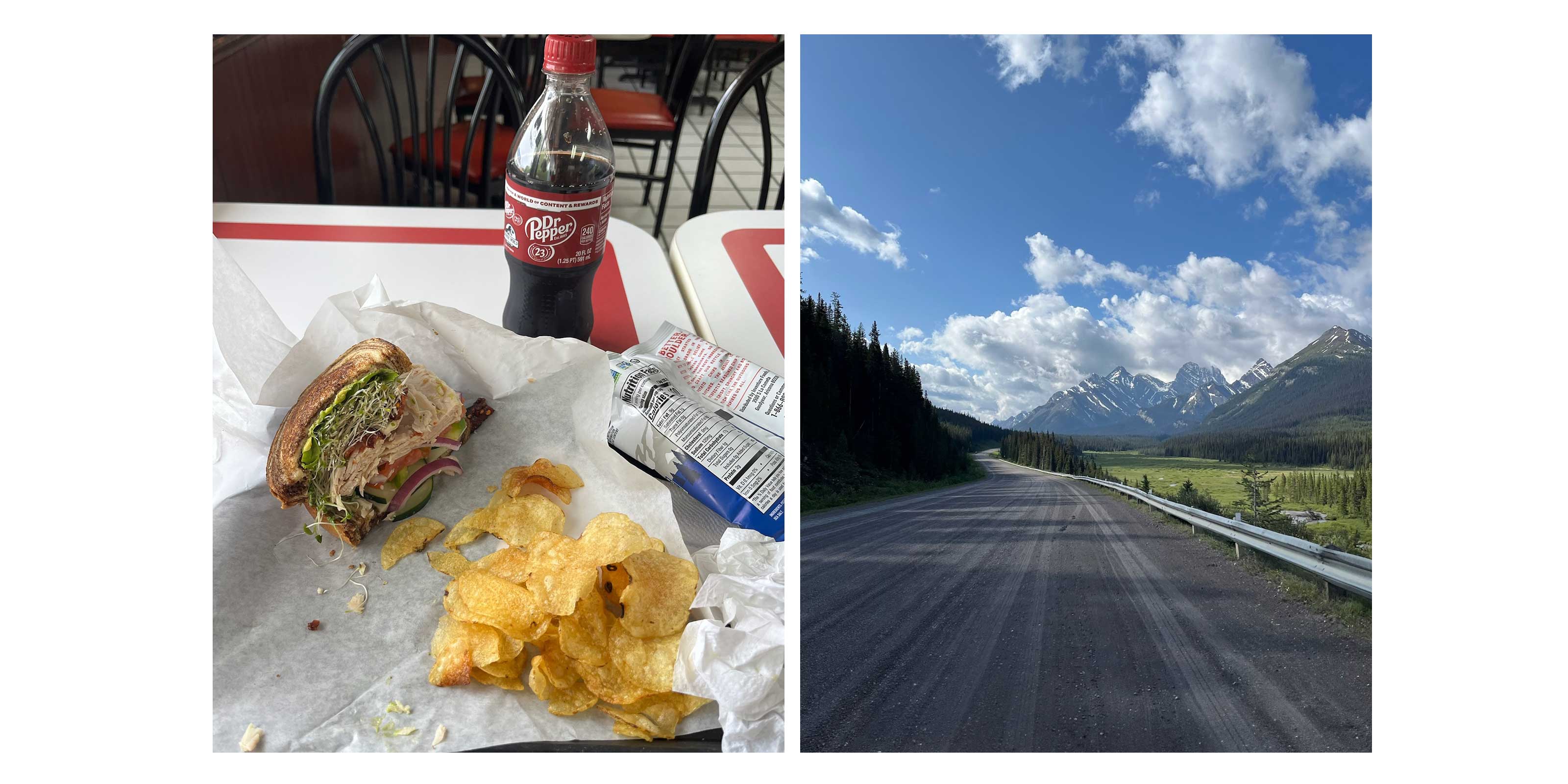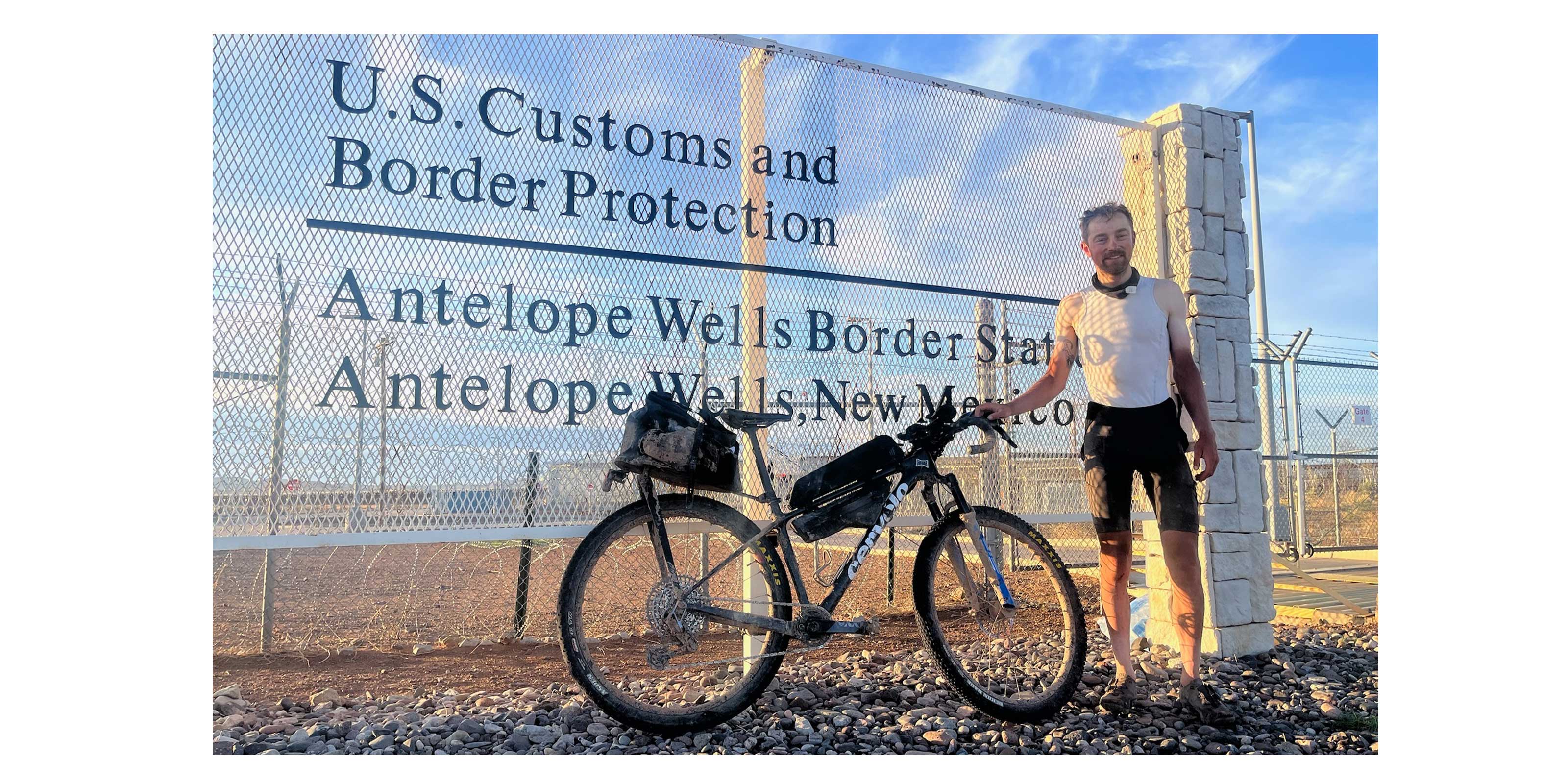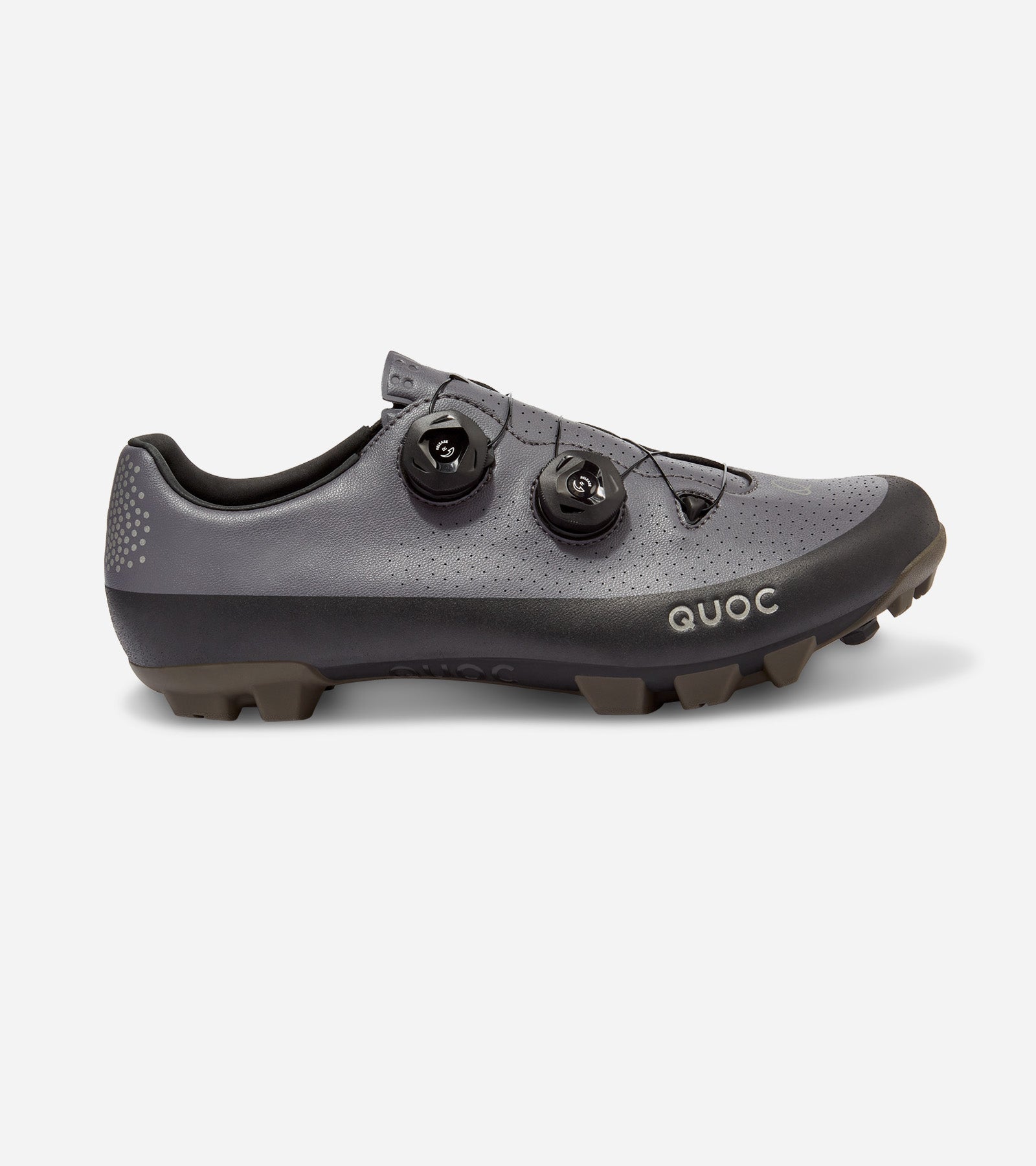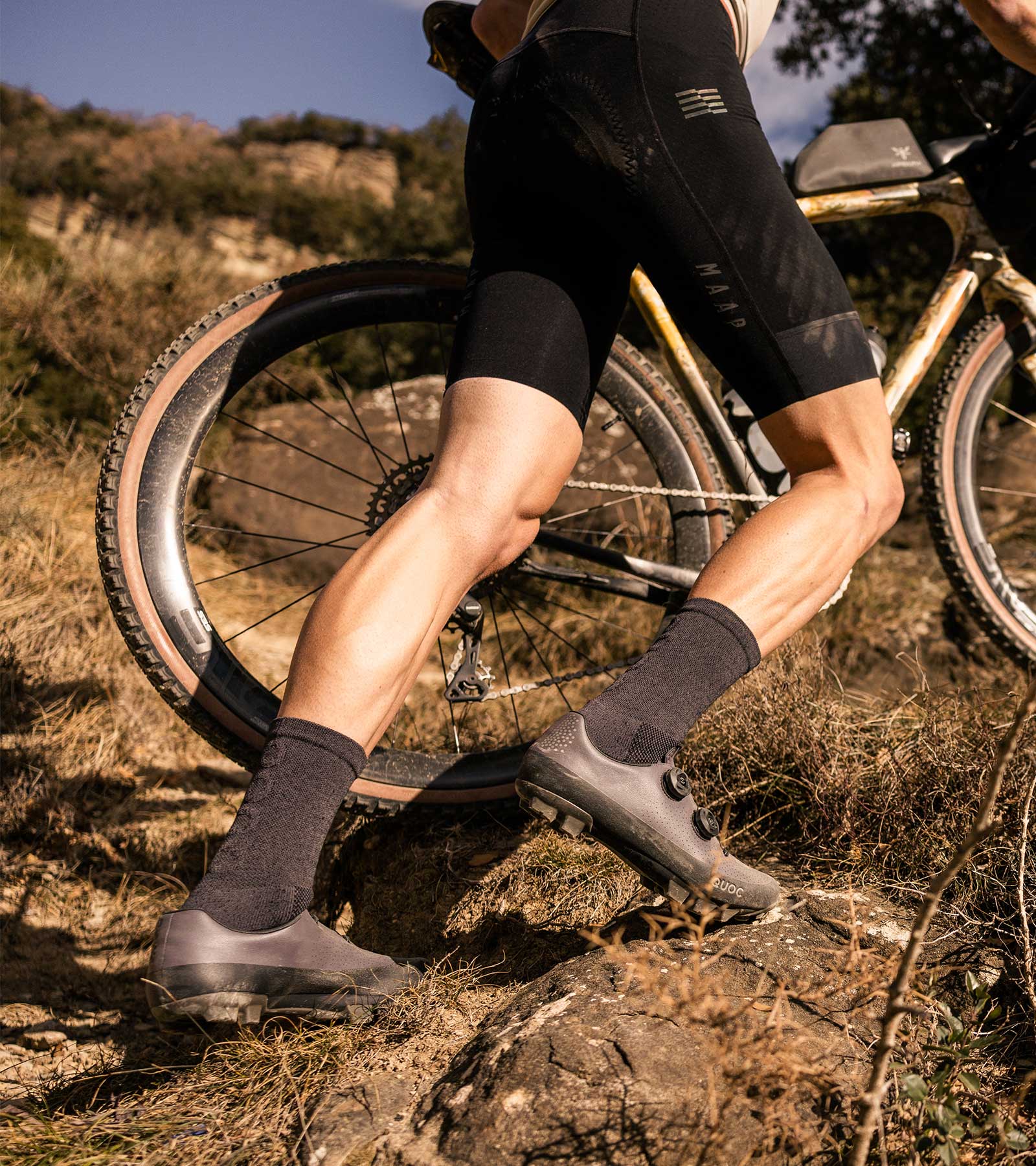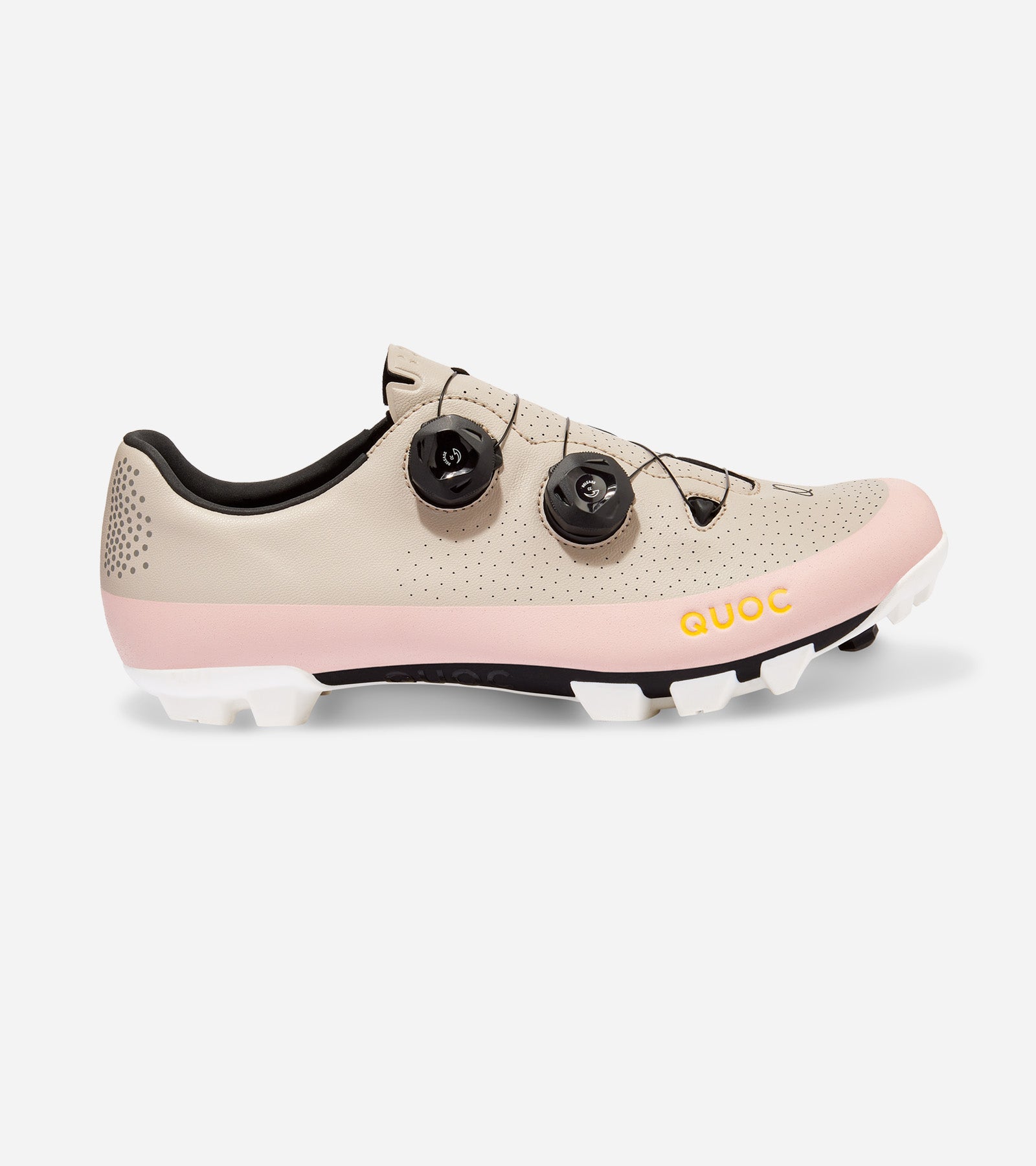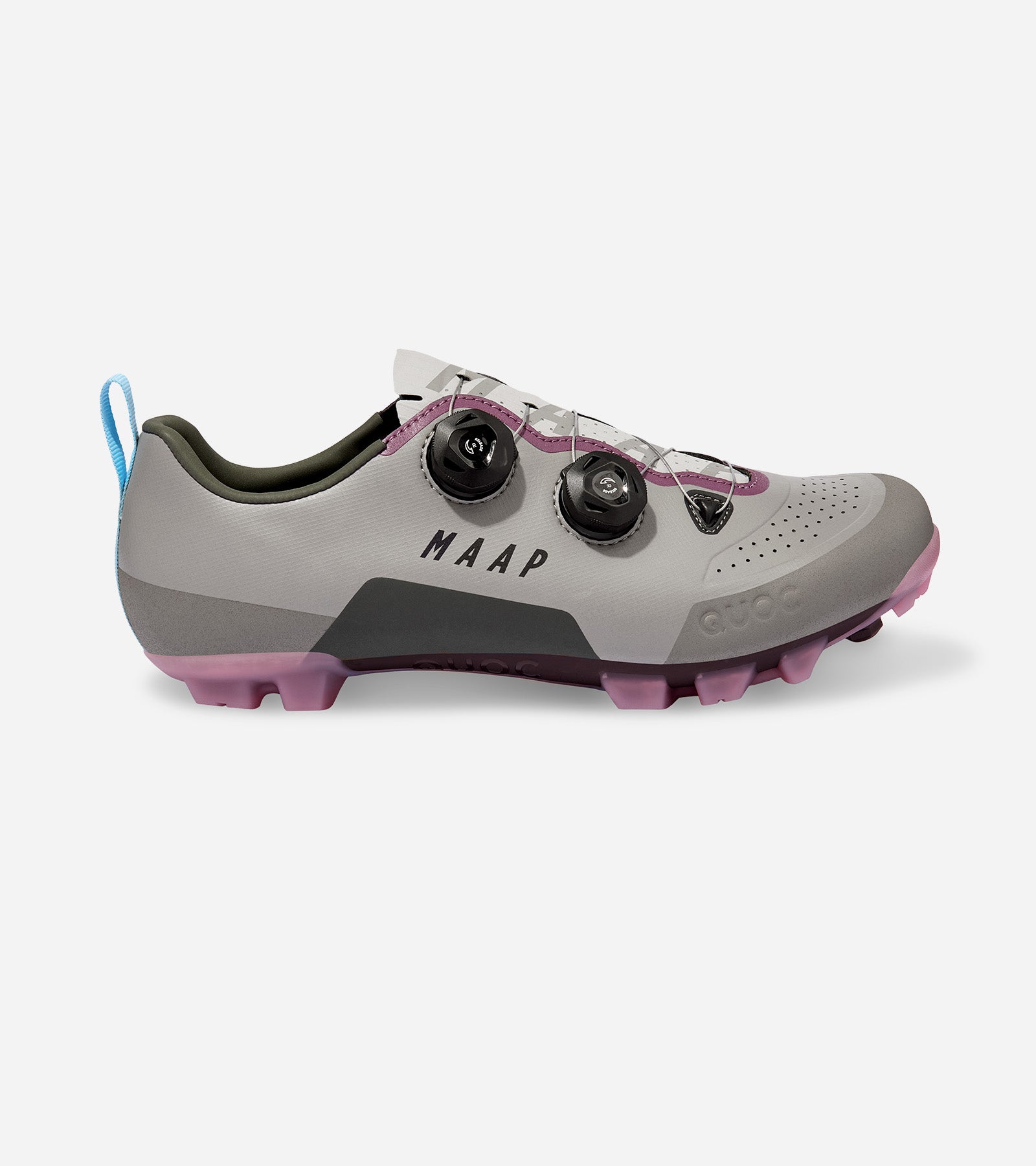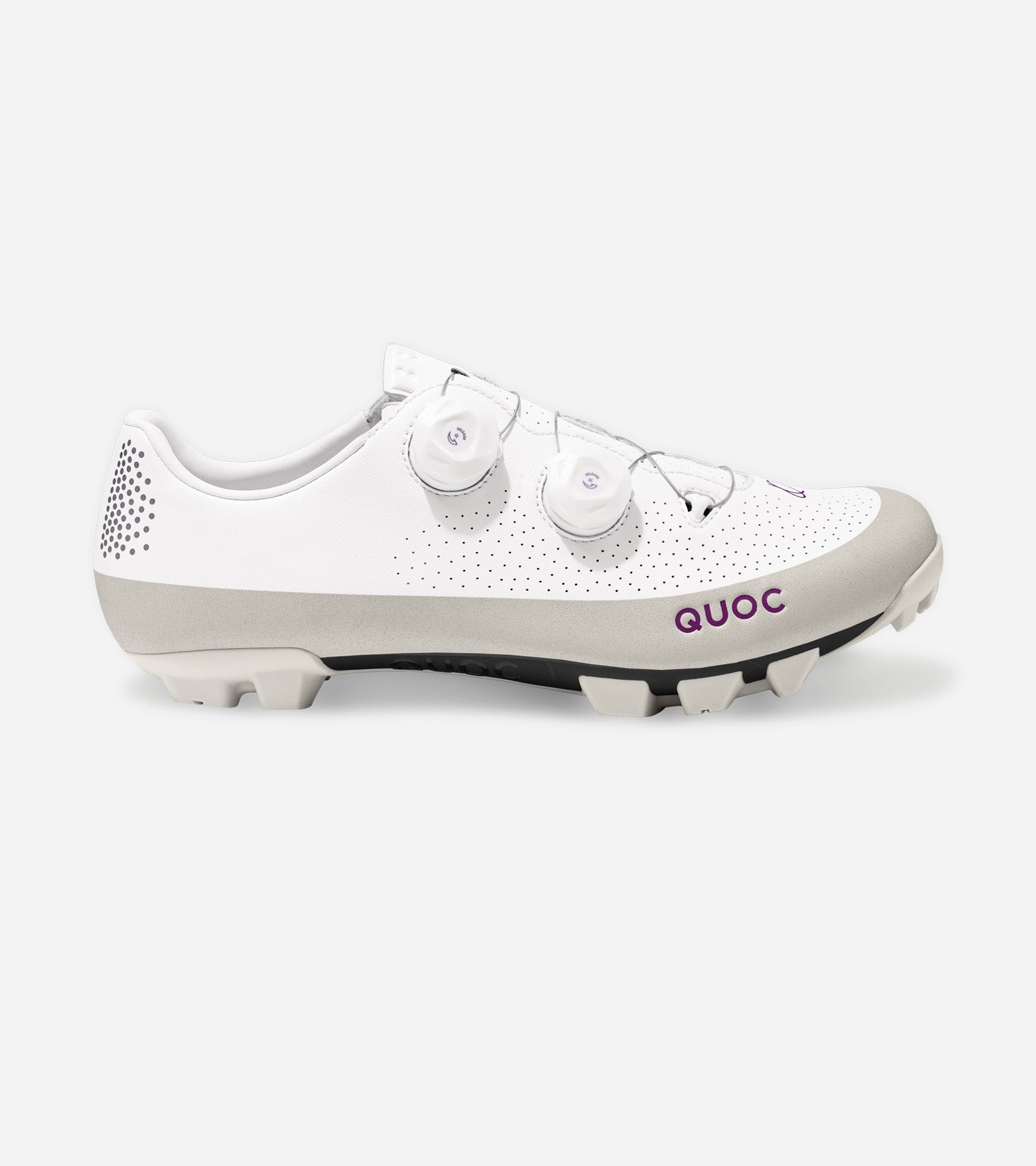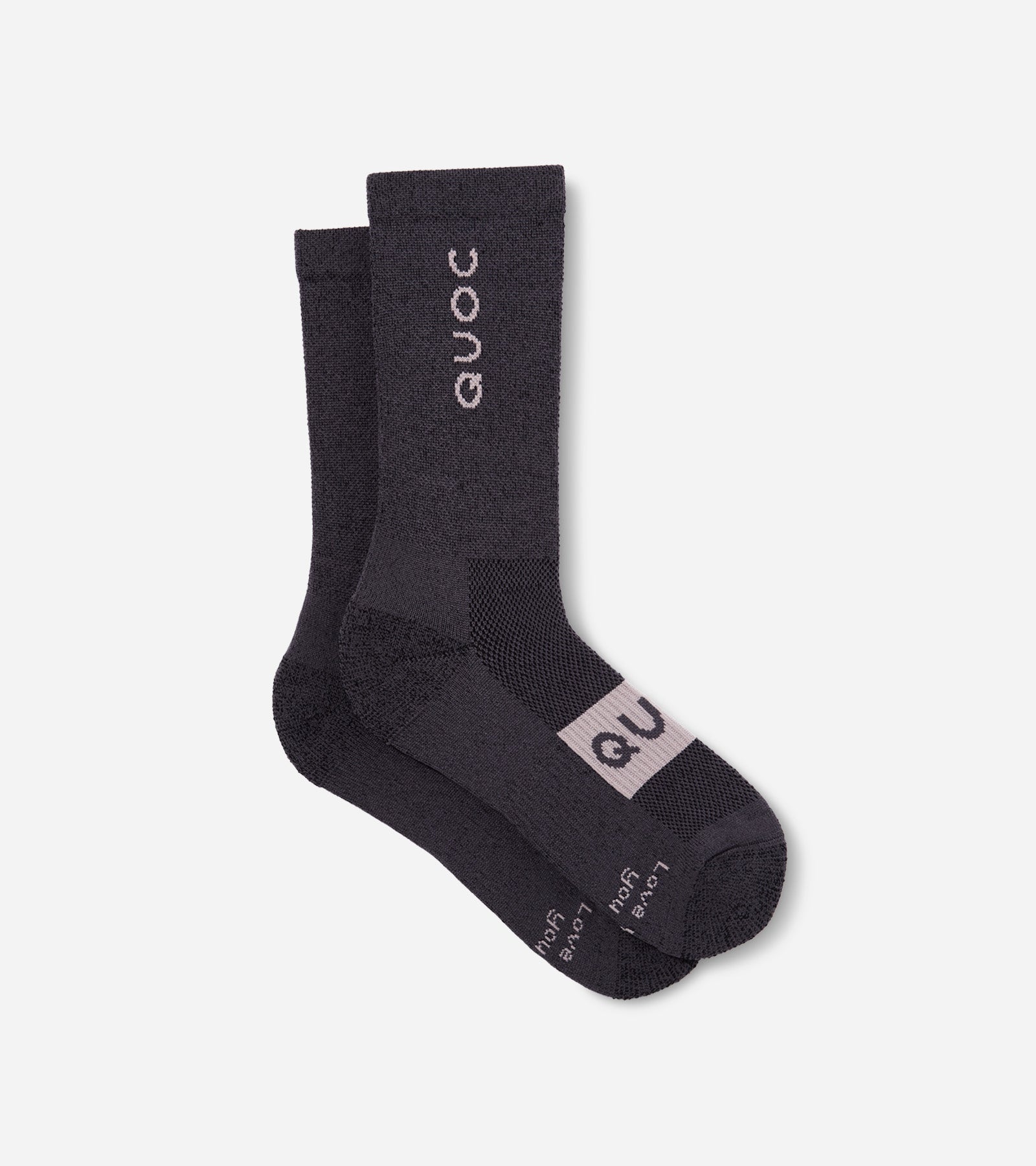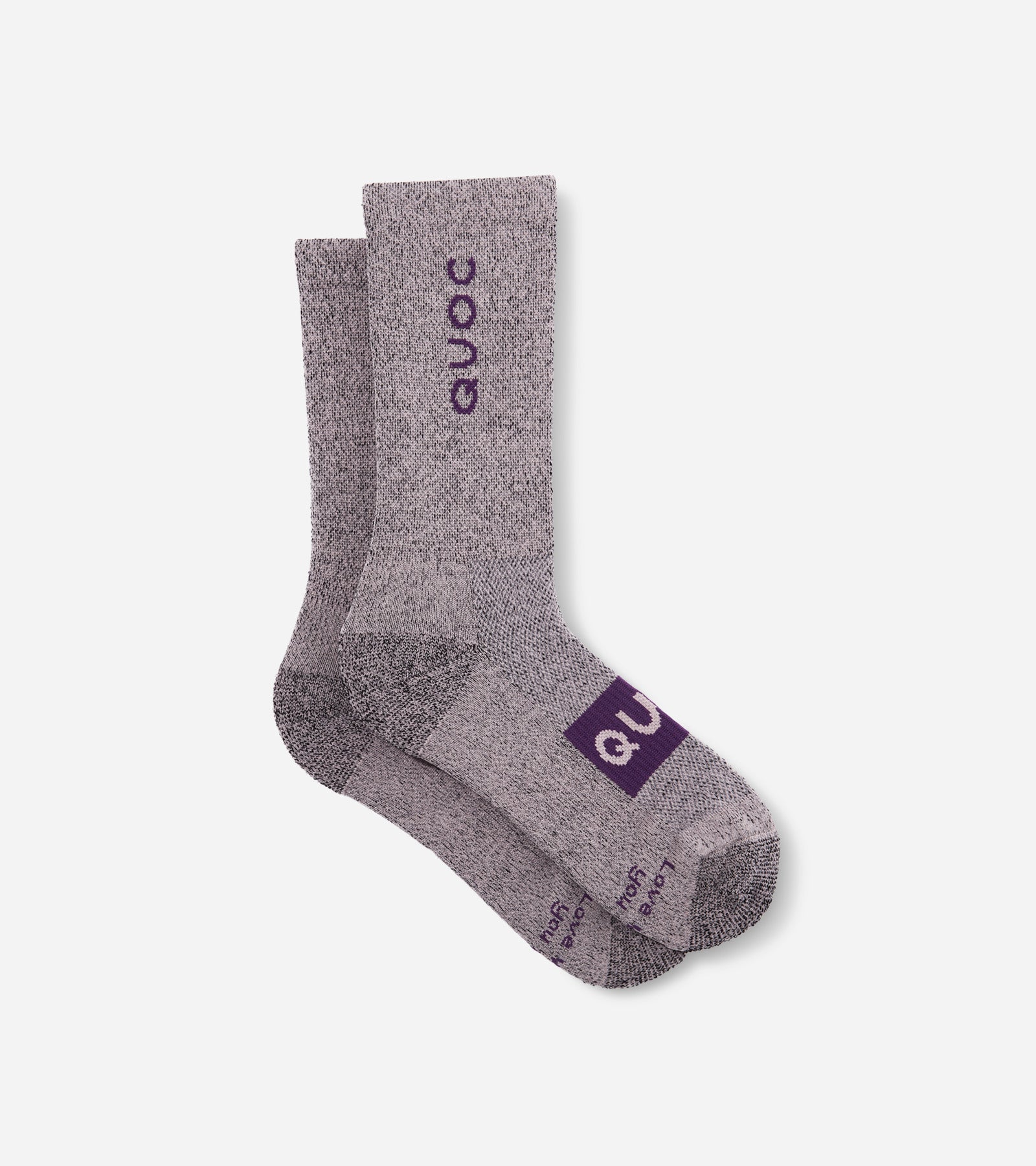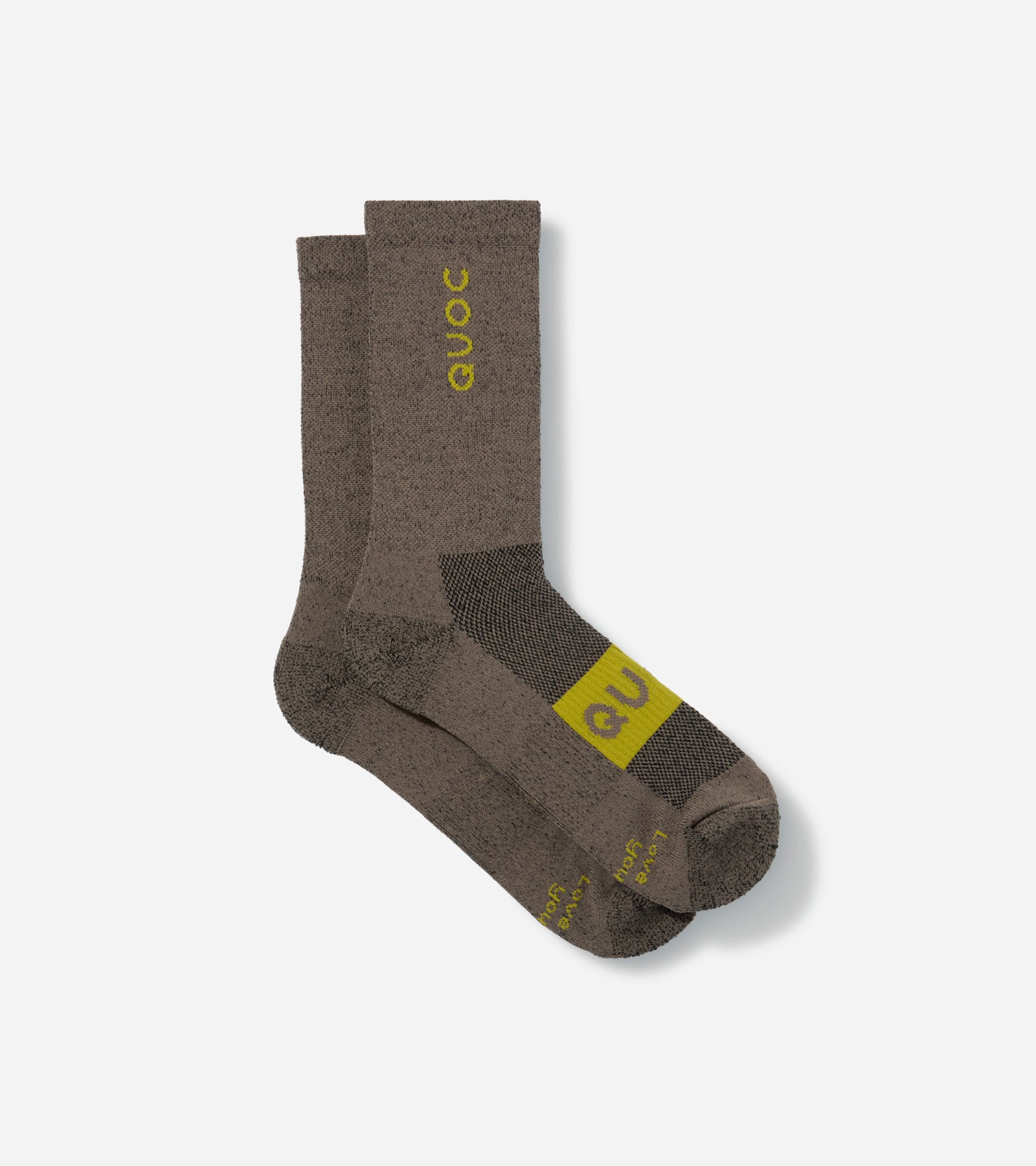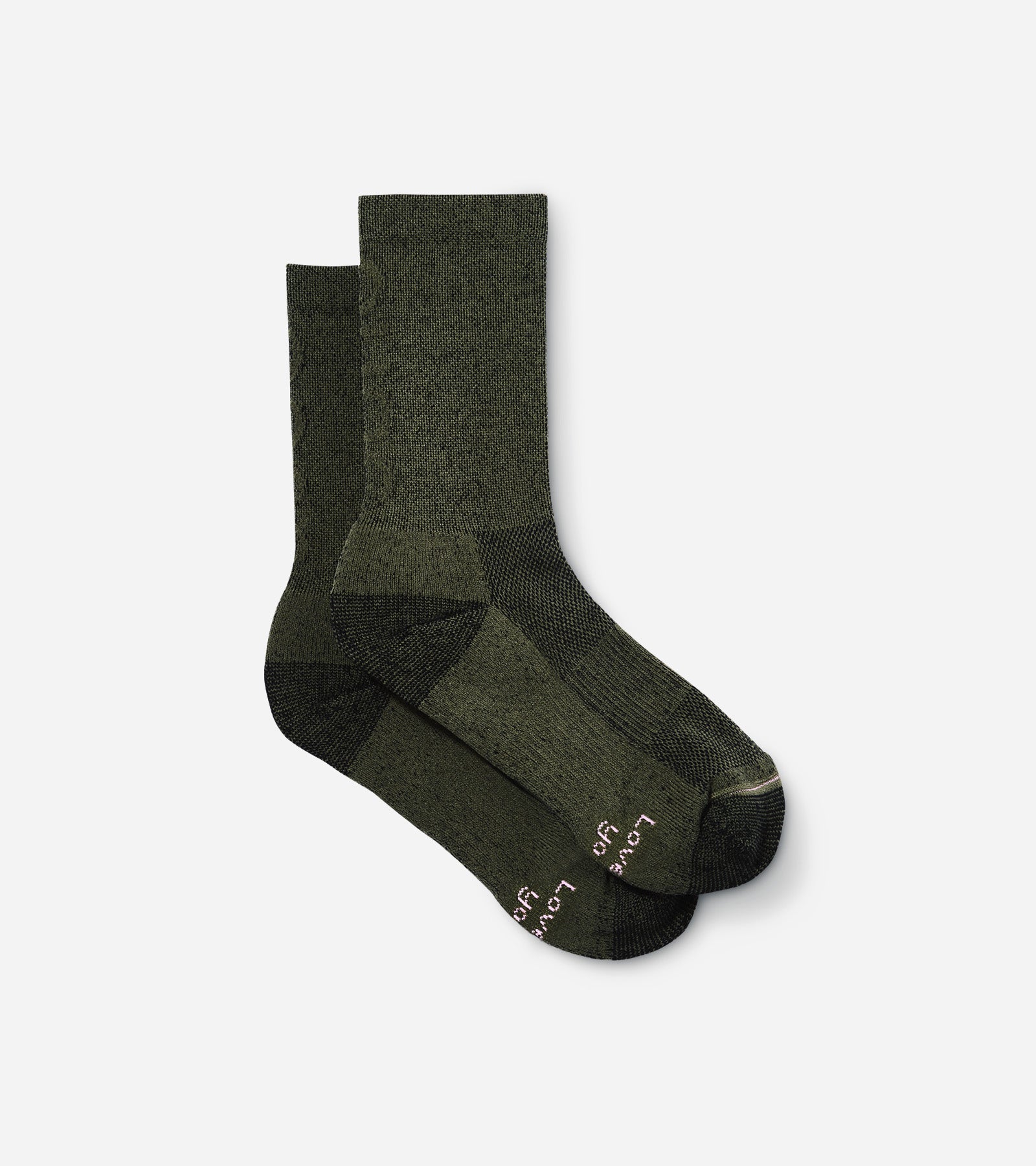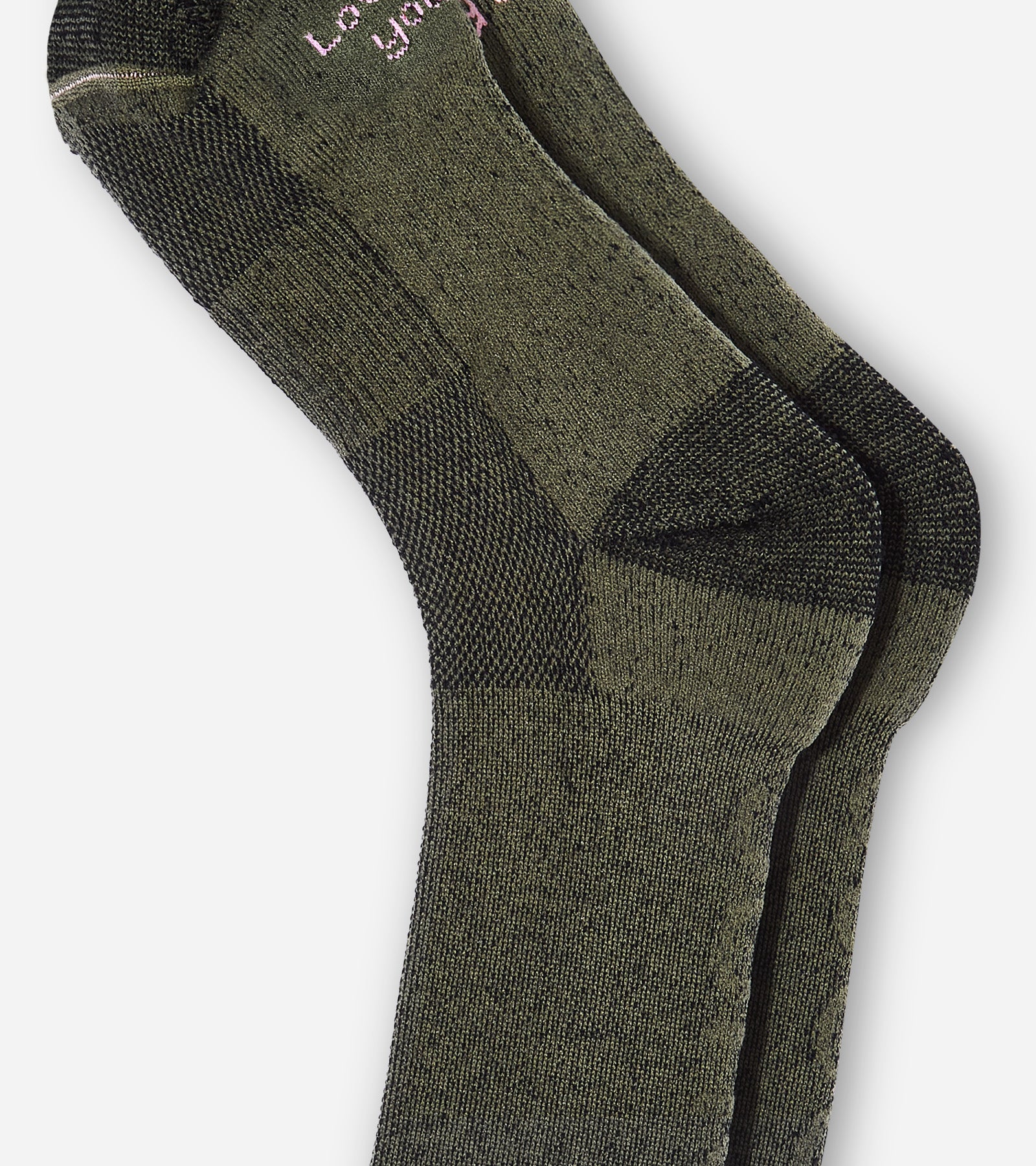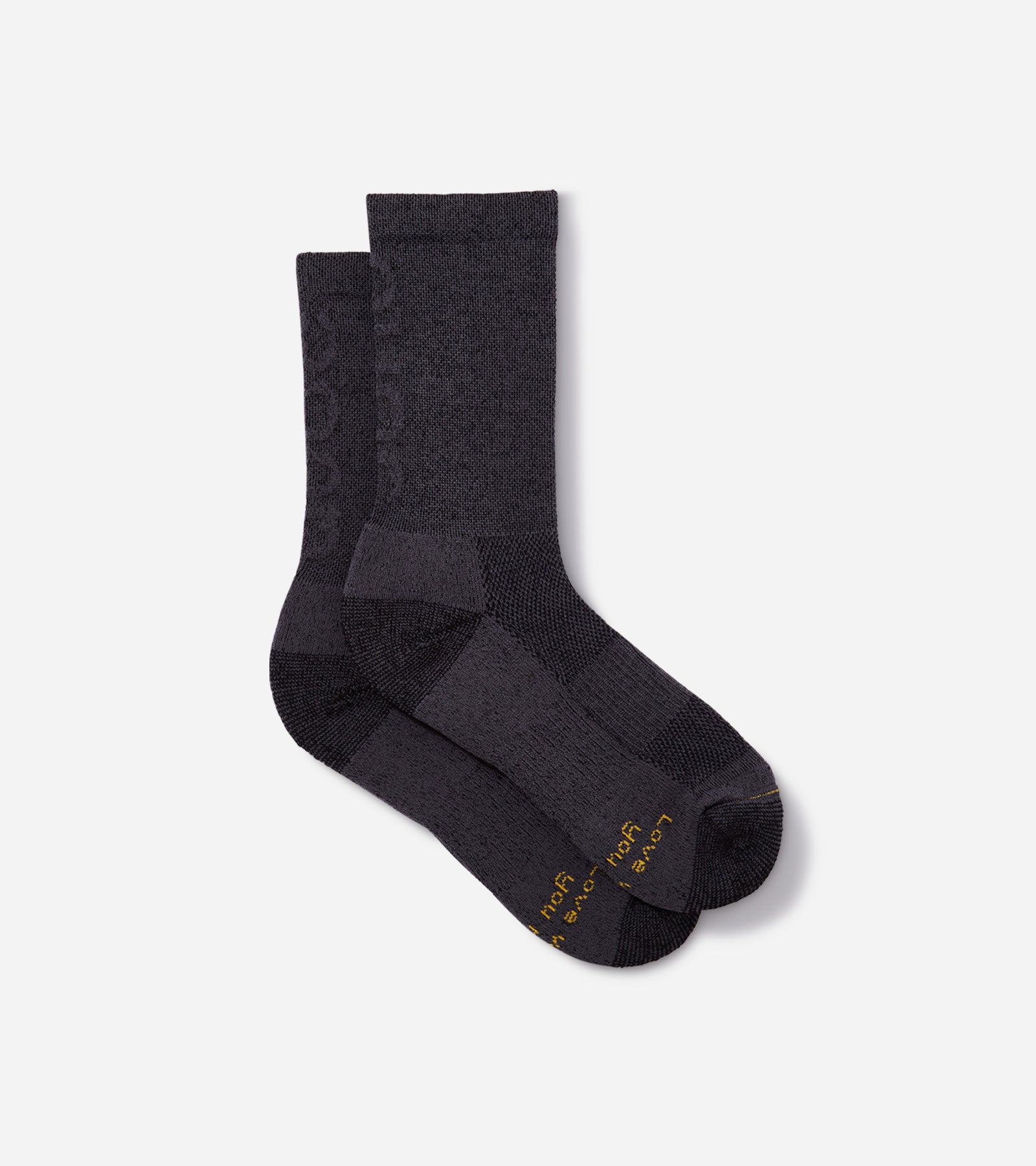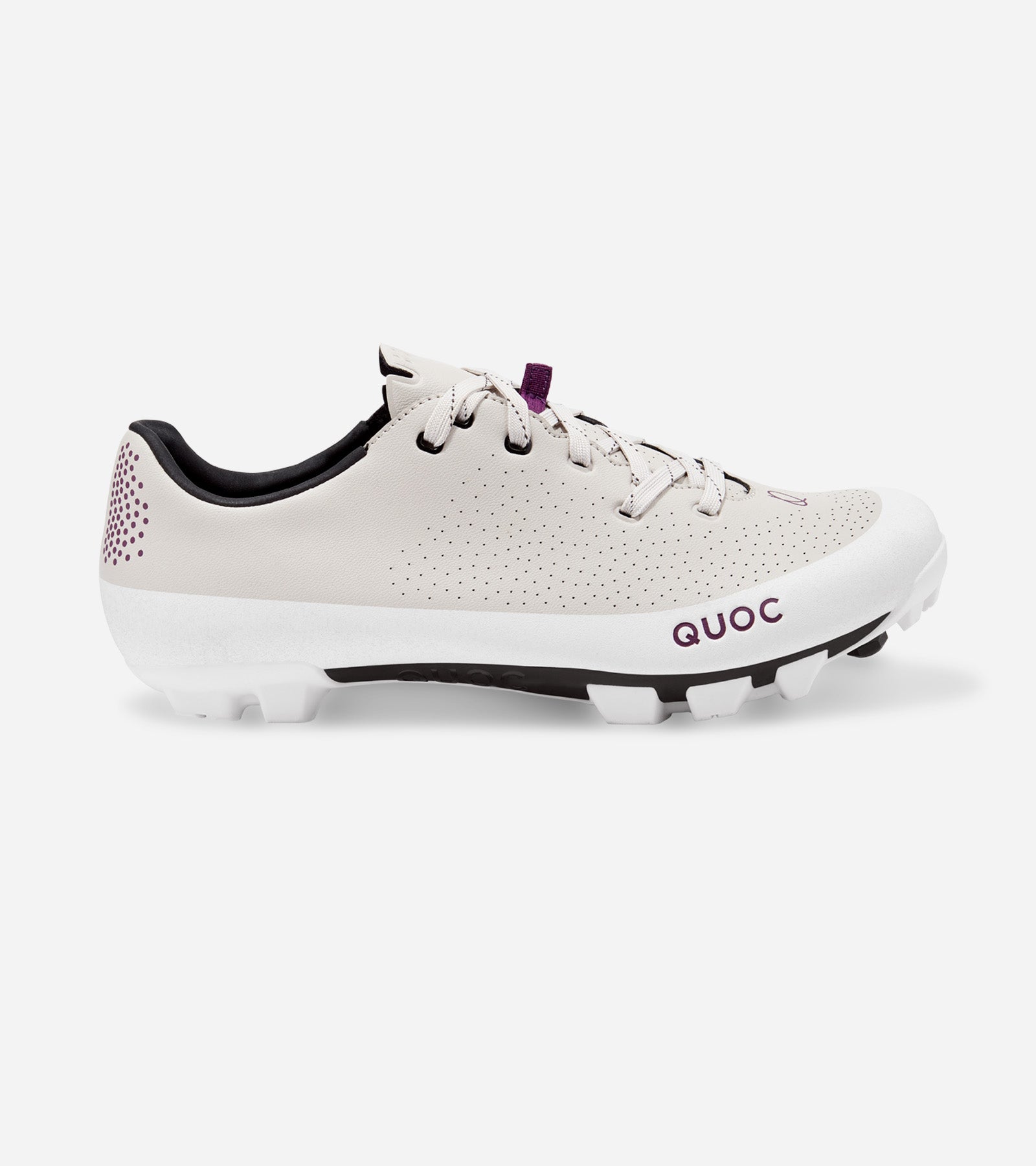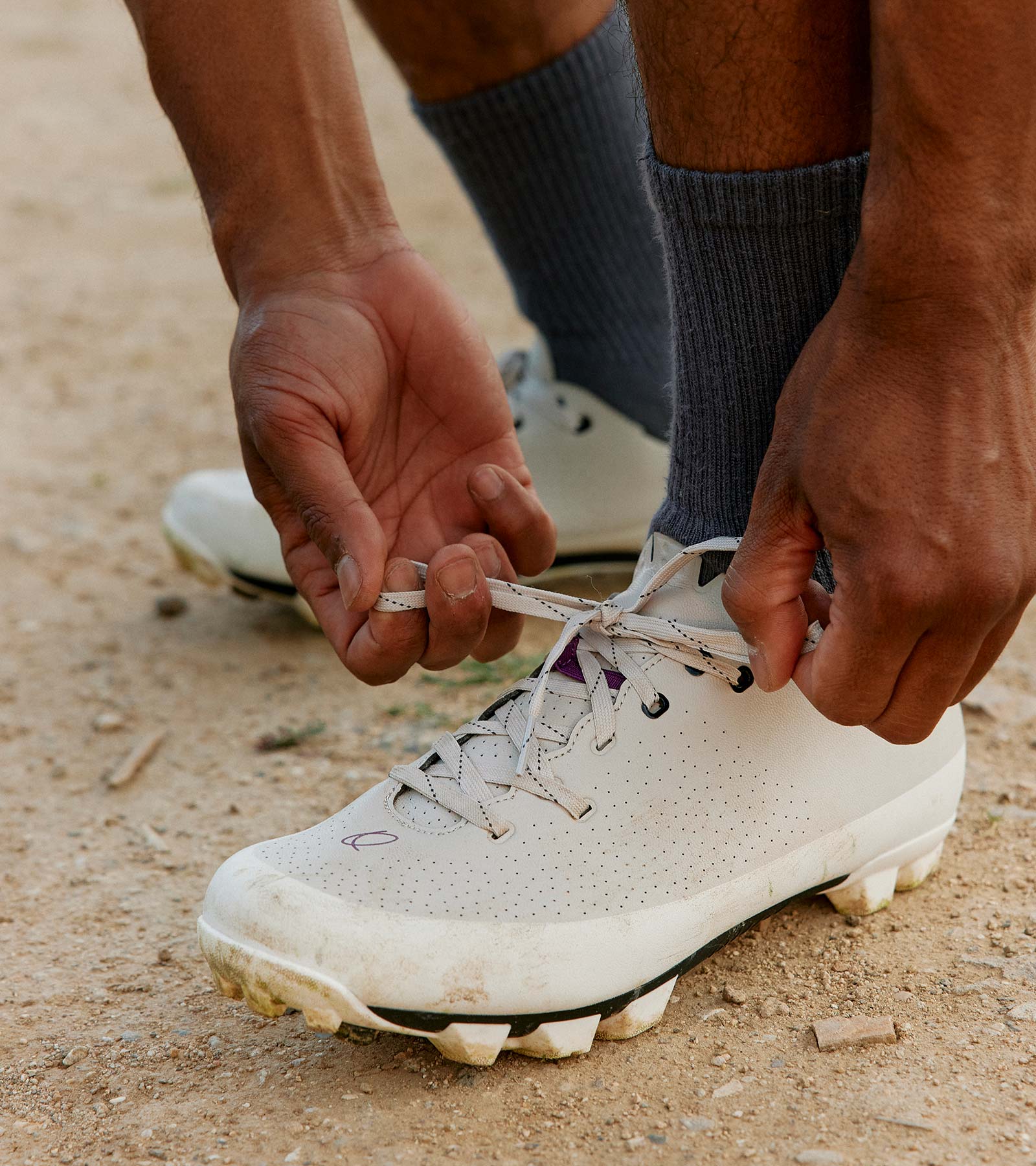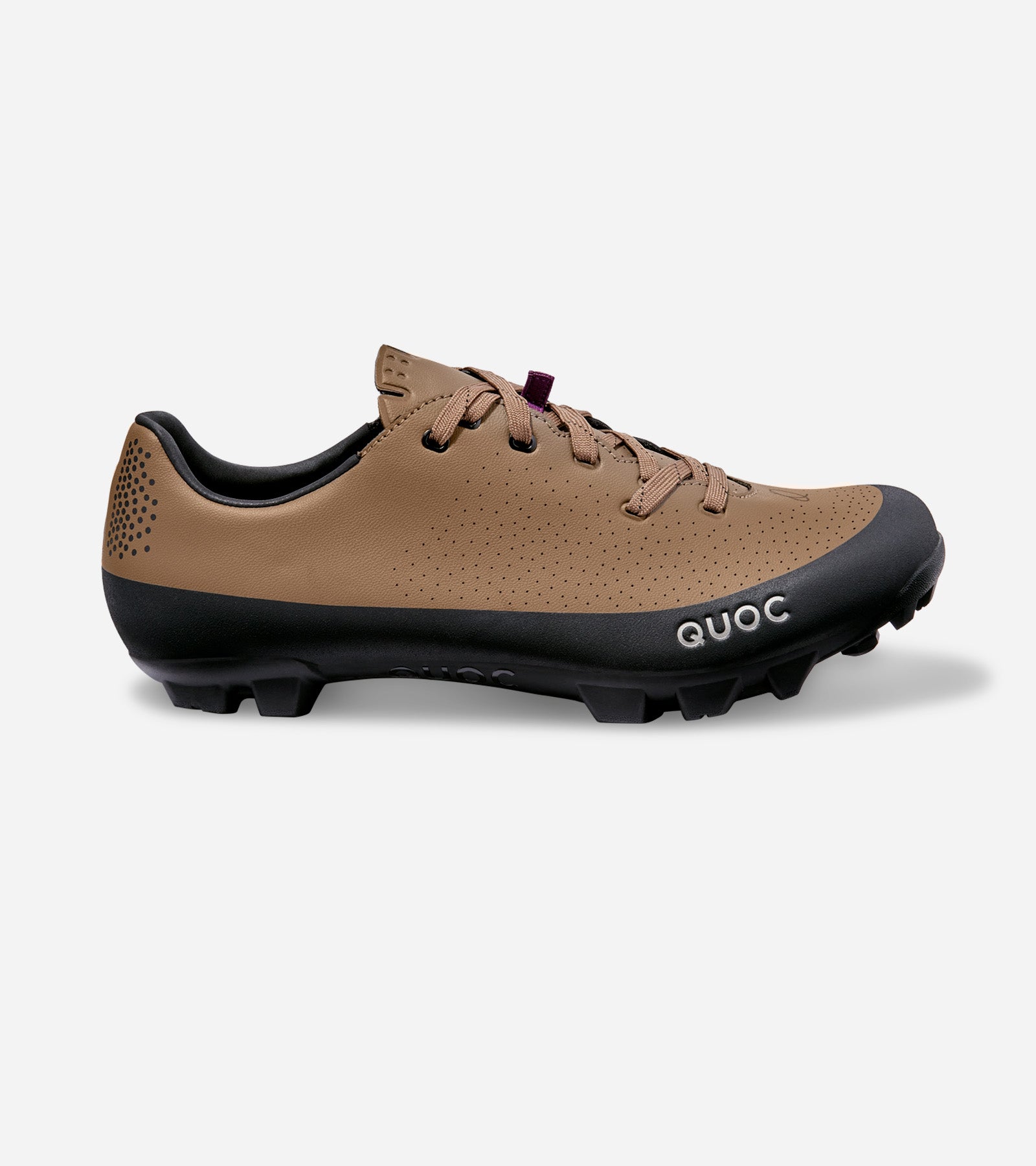ADVENTURE SERIES
Max Riese’s Tour Divide: A Journey of Extremes
The Tour Divide is an unsupported off-road race that traces 4300 kilometres and 48,000m elevation across the USA from North to South. Starting from Banff, Alberta’s Canadian Rockies, it passes plains, deserts and jagged passes through Montana, Wyoming and Colorado, culminating in New Mexico’s Antelope Wells. This is Max Riese’s first attempt at the Tour Divide.
“On the third day, I was falling asleep constantly, feeling dizzy, and just had to drag myself through. It was then I had to tell myself: “You need to readjust your goals.”
Max had always dreamed of this race and was determined to arrive in peak condition. Leaving nothing to chance, he overhauled his nutrition—weighing meals for over a year. This meant eating constantly, sometimes five times a day, but with precision, not just volume. With training being equally critical, he enlisted an AI coaching program that pushed him to career-best fitness before arriving in Canada.
The race began brutally—Max fell terribly ill with hepatitis, likely from a rogue vegan burrito eaten pre-start. It may have cost him podium contention, but not the journey. Despite the setback, he pushed through, finishing the Divide in under 14 days with a transformed perspective.
With such a distance to cover, encounters with fellow competitors were sparse and there was very little riding in a bunch. He found himself contending with an incredibly hard strategy, finding the balance between pushing his body and managing his effort. With other riders now simply dots on the race tracker, he adapted his strategy making up time with some ambitious days, refusing to wonder “what if I could have pushed more”. In such a challenging context, racing becomes a mind game: Seeing your competitor pushing though, and reacting quickly to their movements.
“It’s in these situations where you need to be awake and make quick decisions that maybe are not comfortable. But if you’re racing, then that's what you need to do.”
Near the race’s end, Max faced a pivotal choice. After a brutal stretch, he reached Cuba, New Mexico—where shops, restaurants, and hotels became a sudden luxury. Continuing meant 180km with no resupply or proper rest. On the tracker, he watched his rivals push on harder for the podium. To stay in contention, Max knew they wouldn’t stop long. But neither would he. He booked a motel by phone, arranged for keys and rode until 3:30am. Sleeping just three hours, he was back on the bike. By the next day, he had rejoined the group.
Long stretches of the Divide Trail offered no phone reception, leaving Max blind to competitors’ positions. As the technical terrain grew more treacherous after days of hard racing—every move required precision. But fixating on the tracker played tricks on his nerves. One barely rideable section became dangerously exposed; any mistakes here would be catastrophic. Though rivals were just an hour ahead and walking would widen the gap unbearably, crashing wasn’t an option either—help would take two days to arrive. Only post-race did Max learn they’d felt the same pressure, all risking everything to hold their lead.
“In these races, you need to break every rule you might have in normal life—four packs of gummies, endless Snickers. McDonald’s for a quick, easy meal. An absurd amount of calories for any other context.”
One of ultra cycling’s biggest challenges alongside 10+ hour days is fuelling your body. Like most riders, Max relied on gas stations and fast food to gain calories as quickly as possible. But it’s also about finding joy in what’s available—a fresh sandwich, cookie dough, even a rare alcohol-free beer to keep motivated.
But it was the acts of kindness from the community of dot watchers that attended the side of the trails that made for some of the most unforgettable moments of Max’s race. Max likes to call them the “Trail Angels”. He will always remember the hug Krysten gave him before he pushed on to the finish, and the incredible pancakes up at Brush Mountain’s lodges. The fresh can of coke, left in a cooler by the side of the road.
“At breaking point, it’s the smallest things that lift you up. Those pancakes at Brush Mountain, or Krysten saying ‘Can I hug you? Is that something we do?’ Human interaction at the exact moment I needed it.”
Max Riese completed the divide in 4th position, clocking 13 days, 20 hours and 54 minutes to the finishing line. The podium slipped just beyond reach, but what he gained in memories of the journey was far greater. Only in hindsight does the absurdity hit: how he raced through intense sickness, concerned about underperforming. That paradox - pushing his body beyond reason, prioritising the finishing line over physical health - now sits differently with him. It captures the essence of ultra racing’s extreme mentality, where accomplishment and physical limits walk a dangerously thin line together.

